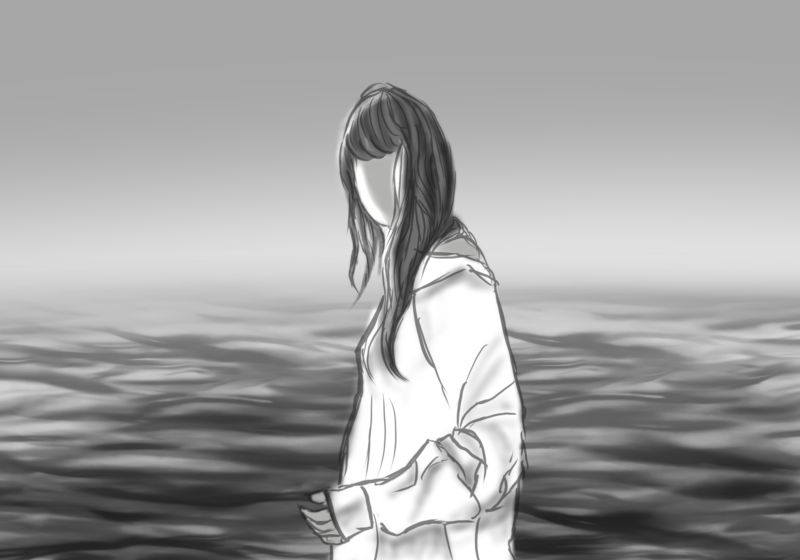Jessica Valenti’s first memoir, “Sex Object” (2016), says a lot.
And it should come to no surprise that the founder of the award-winning site Feministing and regular columnist for the Guardian has a lot to say—though it’s not exactly clear what it is.
But once you figure out what it is that she wants to convey through “Sex Object”—it took me about half of the book to understand, and I think it took Valenti that long as well—you realize that it’s very important.
The introduction sets two conflicting goals. Within a page of one another, Valenti writes that, “Maybe it’s okay if we don’t want to be inspirational just this once,” only to then say, “I wrote this book because I want her [Valenti’s daughter] to feel that way [brave] always.”
I didn’t understand if I was supposed to read subsequent recounts of abuse and harassment bravely, sadly, or simply as a woman who already knows that this happens all the time.
I would also call for a greater check of privilege here.
She writes, “This is not to say that women all experience objectification in the same way; we do not,” which, I will admit, is big. I do want her to say why and in what way, though—to a reader who wasn’t looking for this check, as I was, it’ll go unnoticed.
The memoir as a whole is loosely structured. In part, it works chronologically, telling the story of Valenti’s life as a white Italian-American woman in New York City, beginning with her school days and going until the present with the beginning of motherhood for her daughter Layla.
At times, however, Valenti digresses.
In one section, we hear about online abuse Valenti suffered as an adult, just a paragraph after an anecdote about her time in high school. Valenti then discusses various occurrences from her teenage years.
As a reader, I’m not sure what to focus on. There’s a lot going on—recounts about painful abortions, abusive boyfriends, drugs, the comfort of her supportive and loving family, and this question—“Who would I be if I lived in a world that didn’t hate women?”—that seems to float around the cover and inside sleeve, but is never addressed in the book.
The section names would help a reader, but they shift between being useful (“1995,” “College,” “The Baby”) and creating an aesthetic (“Subways,” “Grilled Cheese,” “Ice”). But if there is a consistent aesthetic of the memoir, I have yet to see it.
But I don’t think this is a fault.
Valenti’s memoir reads as a tale of transformation and the idea that no person has to be, or even can be, one theme entirely. People aren’t books, and their life stories don’t always fall into neat chapters—and, honestly, they really don’t have to.
“Sex Object” is about the transformation of a girl who prioritized being cool to a woman who knows the worth of her anger.
She writes that in high school, “They had a nickname for me: Valentitty. I laughed when they told me this because this is what you do when want to be the cool-girl.”
But when discussing men who send threats online, she says, “I don’t feel bad for them. I don’t feel compassion. I just hate them.”
Valenti’s story is that of shedding the shield of false humor and the arduous confrontation that bad things happen, they often happen to people like you, and they have probably happened multiple times already, whether you chose to address it or not.
And, by showing this transformation and this acceptance, it is positive because you admit it is something wrong that can be changed. In this way, the memoir sends a shout-out to those who aren’t entirely admitting that they are feminists: that they might agree with feminism, or simply that they need feminism. It’s never too late to switch over.
This being said, I don’t see anyone who isn’t on the border of this idea if they are reading or even picking up the book at all.
If you aren’t a feminist and are considering the book to critique its philosophies, I dare you. If you can make it through this memoir and not feel differently, then you truly hate women, and that must be a painful discovery to make about yourself.
I salute Valenti and “Sex Object.” I read this book, and I get to write my real critiques and not have to say that Valenti is “the best” and “so cool.” I don’t have to pretend that we are two women chatting friendlily but instead I can take her and her effort in this memoir seriously.
Though I know the world will continue to default women as sex objects, we will always have our own stories—and, as I think Valenti is saying, they are simply no laughing matter.





